
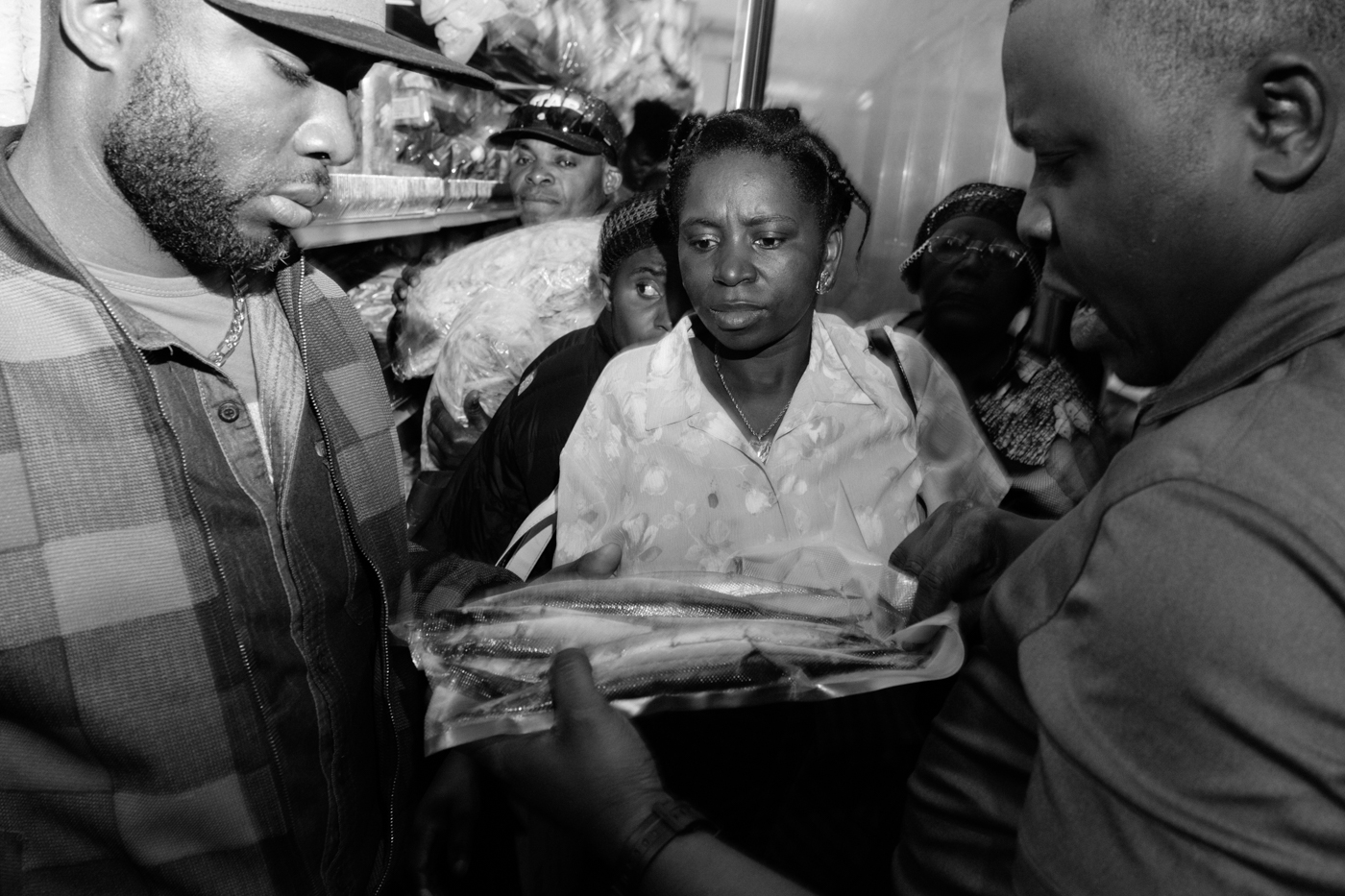
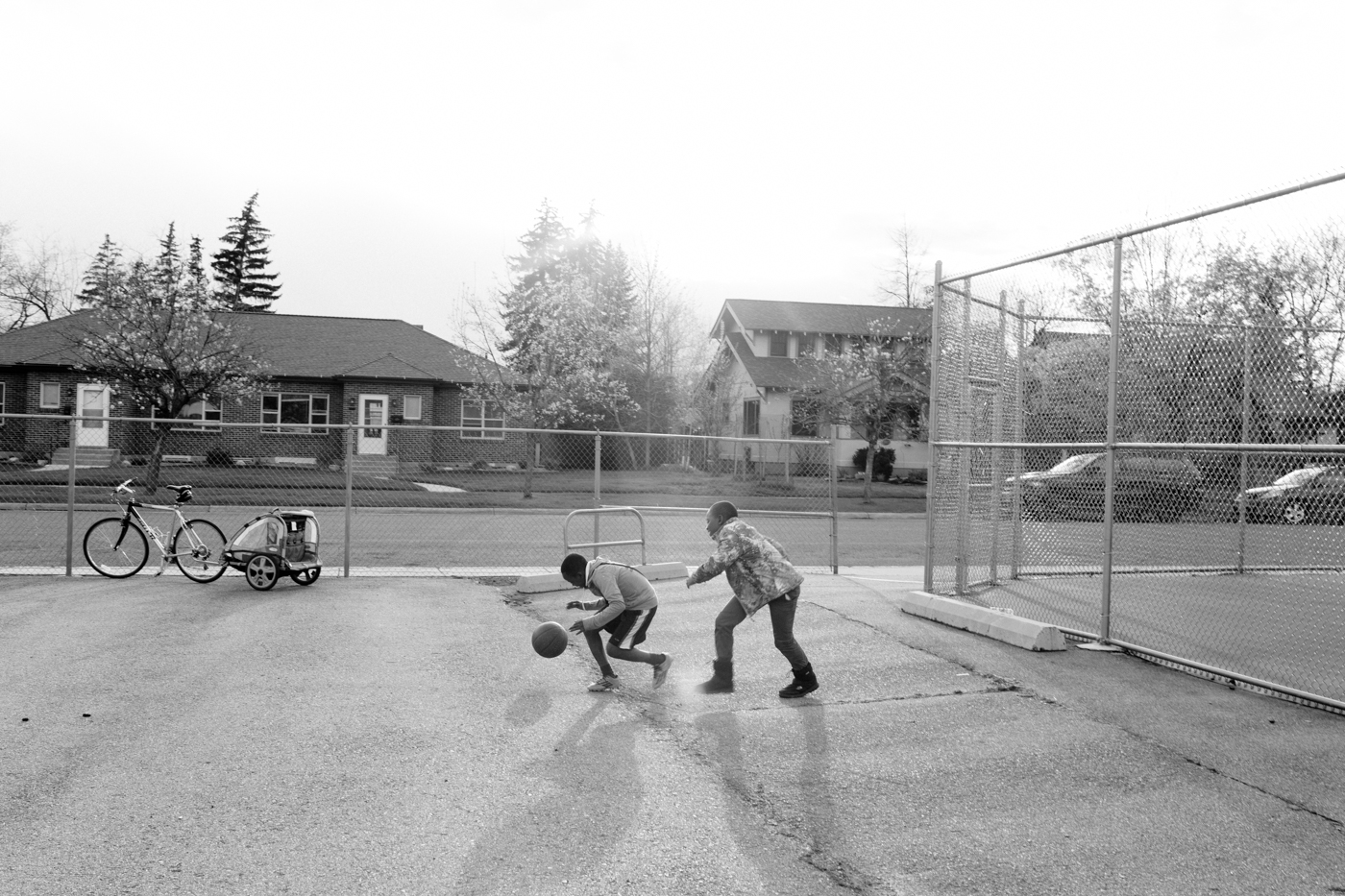
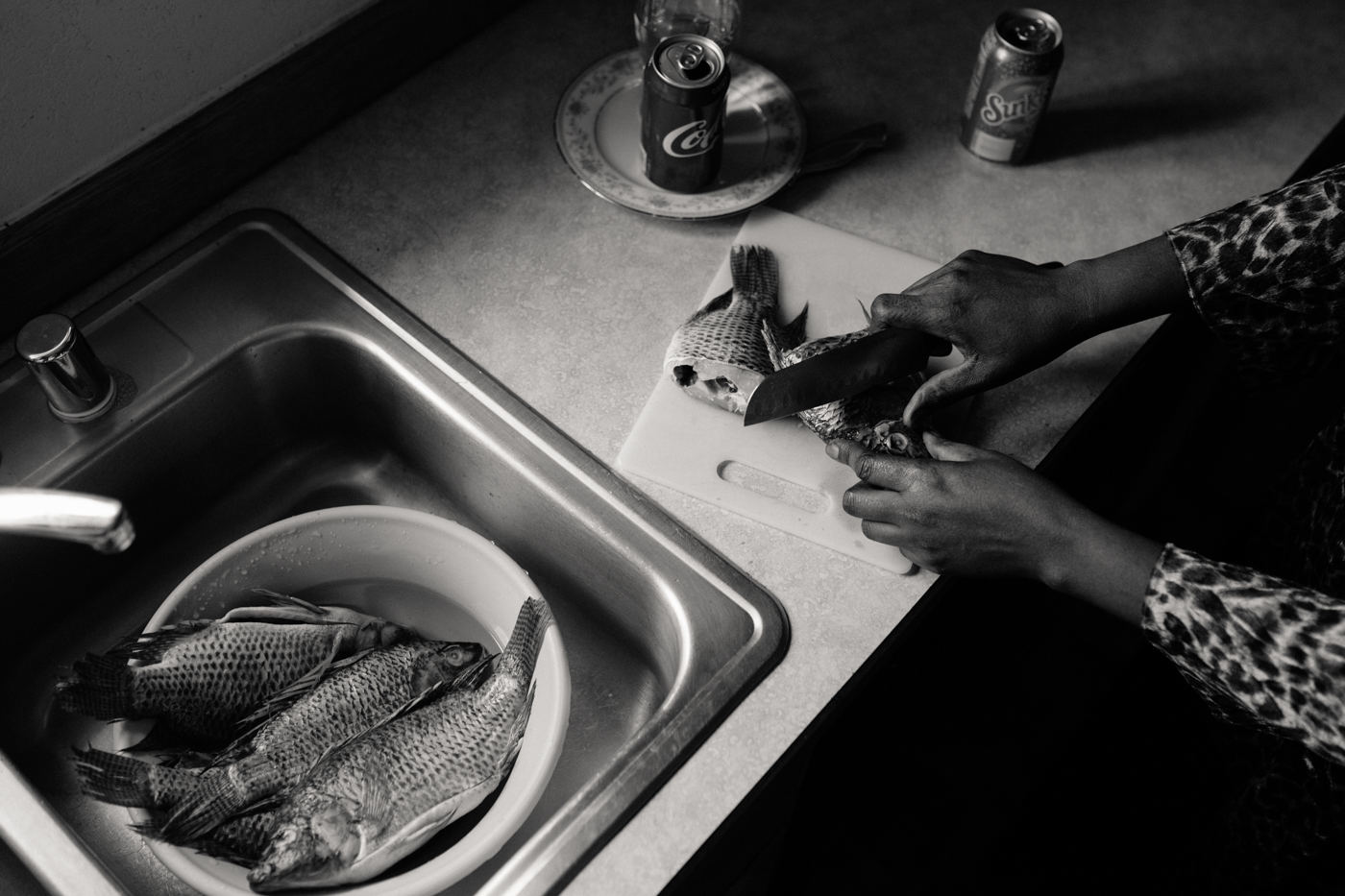
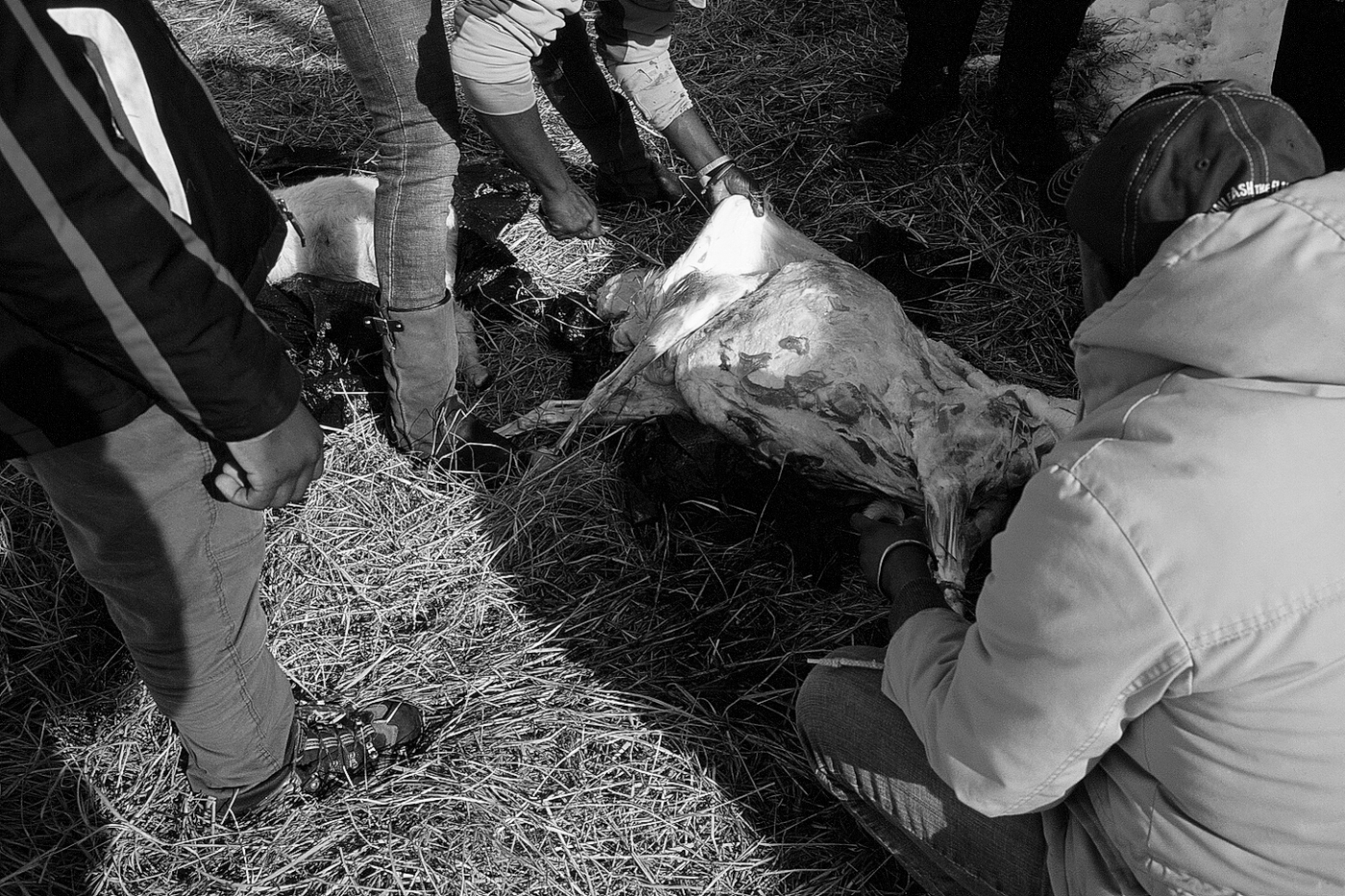
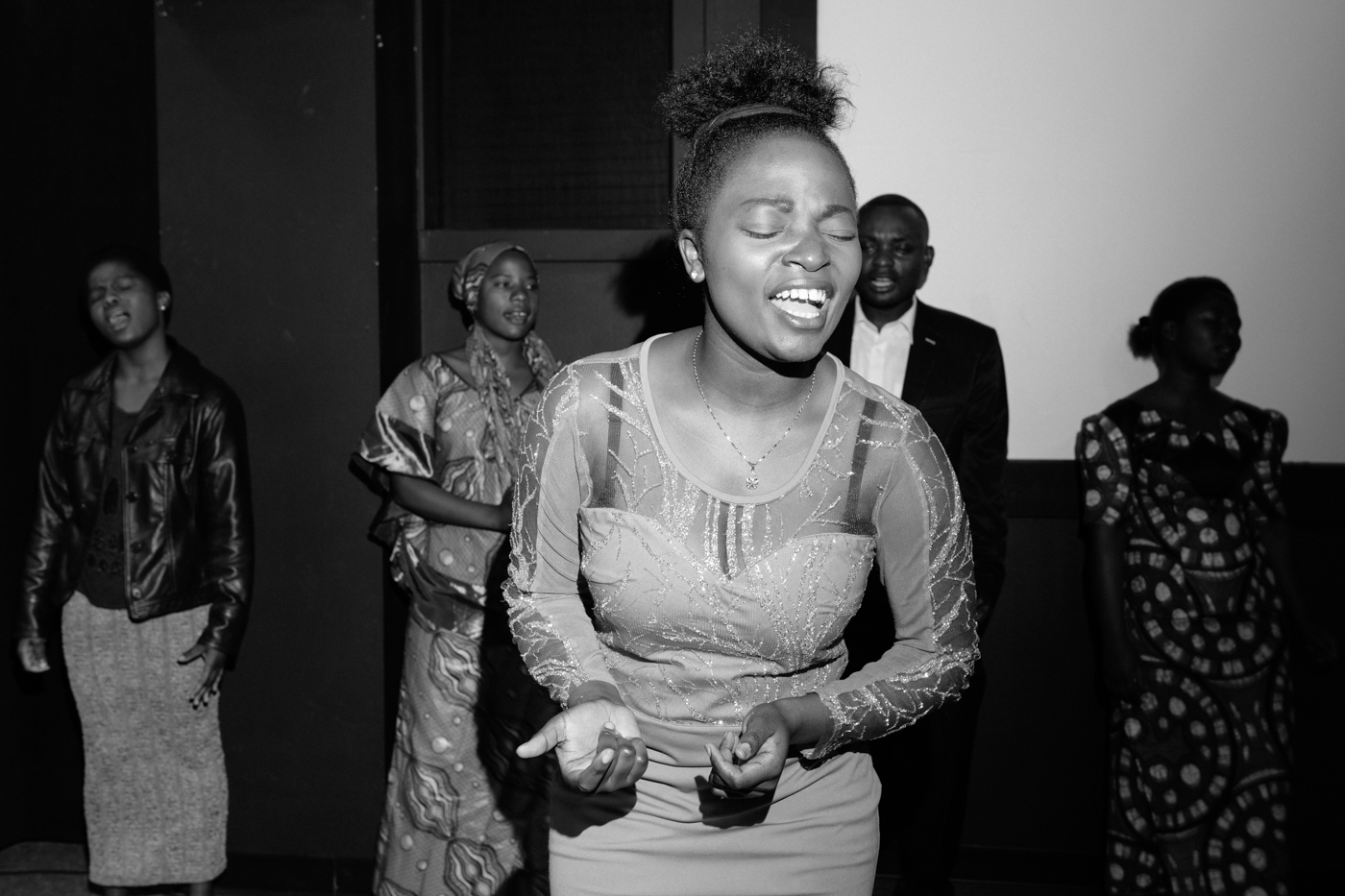

Artist's Statement
Reed Klass
A group of Congolese people who have, in recent years, resettled to Missoula, Montana function as a microcosm of countless people groups across the globe being constantly resettled to new places. Yet Missoula, a small city nestled in the Rocky Mountains, and the city’s small, almost entirely white population starkly contrast the skylines and already-diverse populations of long-established refugee havens in the U.S.
Moved by curiosity about the oddity of aliens in a part of America that in nearly every way screams the rural West, and determined to explore the contrasts of a sub-Saharan people group amidst a western U.S. landscape, I set out to document the Congolese refugees of Missoula with no interference. What I found only began with an idyllic drama of passionate locals who lobbied the city government to establish the city as a new refugee haven and an energetic refugee resettlement office that ran like a well-oiled machine. Though effective resettlement could not have occurred without these people, events and entities, I felt I had no choice but to train my lens on the lifestyle the Congolese had created amidst obvious displacement in a world only recently removed from great trauma. They butchered ceremonial goats on cattle ranches. They wore Gucci while riding bikes around their neighborhoods. They attended funerals and they danced. They considered the northwestern U.S. to be a new, permanent home. They were quietly sthriving.
The resulting images intend not to romanticize the final, unending step of the refugee’s journey that is reintegration, but to display this resettled lifestyle precisely as I found it to be – rich, quiet and, at times, odd. These images also intend to prod at the endgame of resettlement by raising questions about the concepts of home, community and the transcendent pillars of human existence. Ultimately this project considers how growth and healing may occur regardless of a people group’s geographic location.
Digital 35mm photographs, to be displayed as 16x20 archival inkjet prints.

